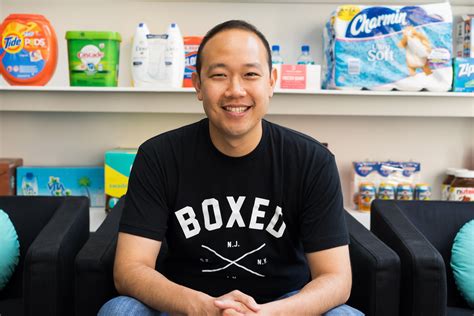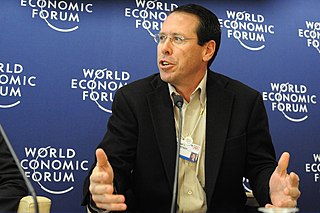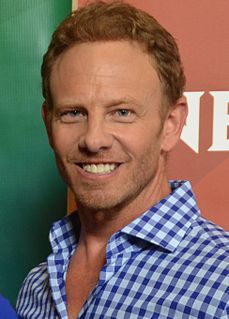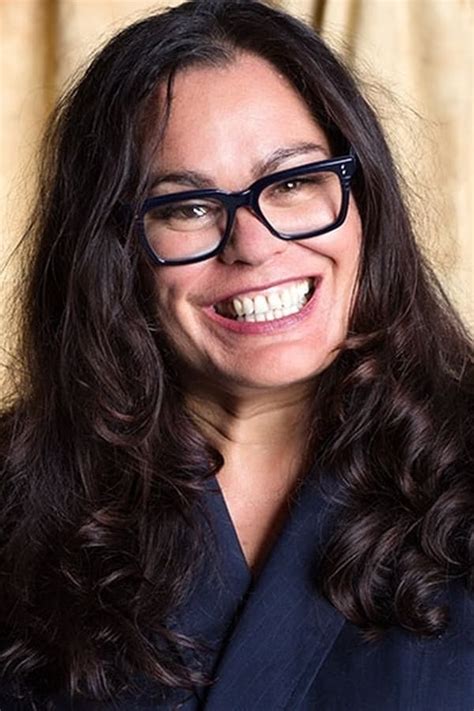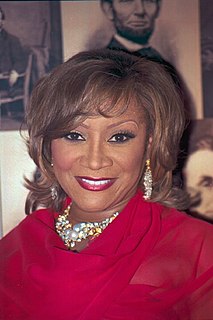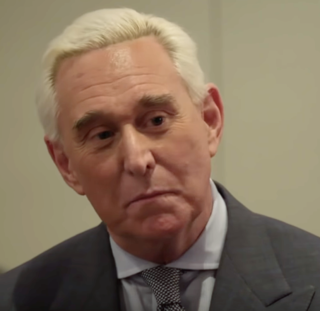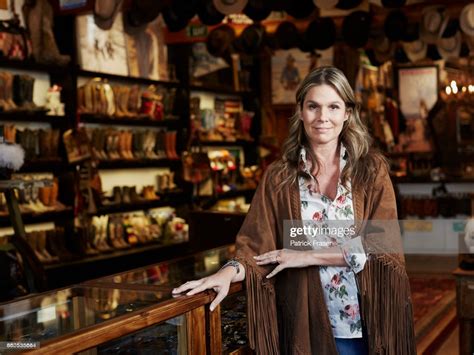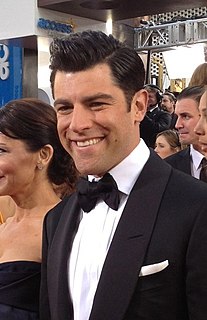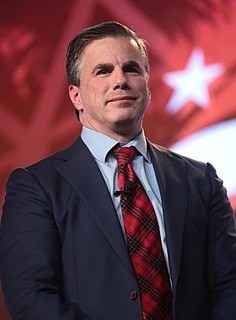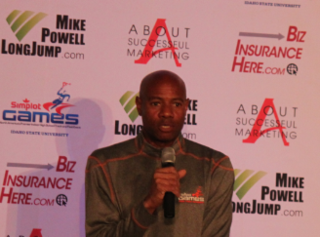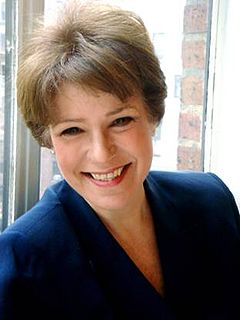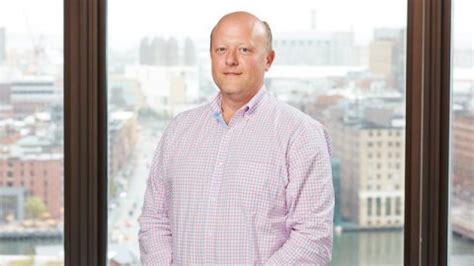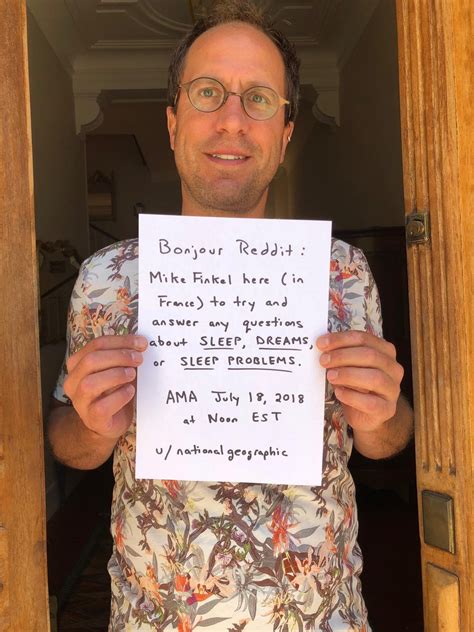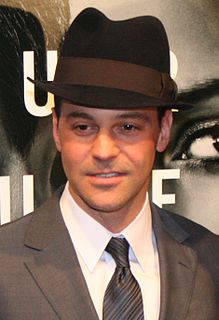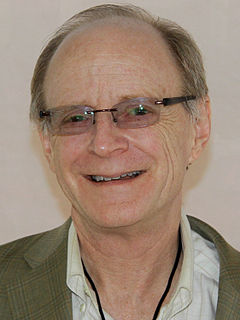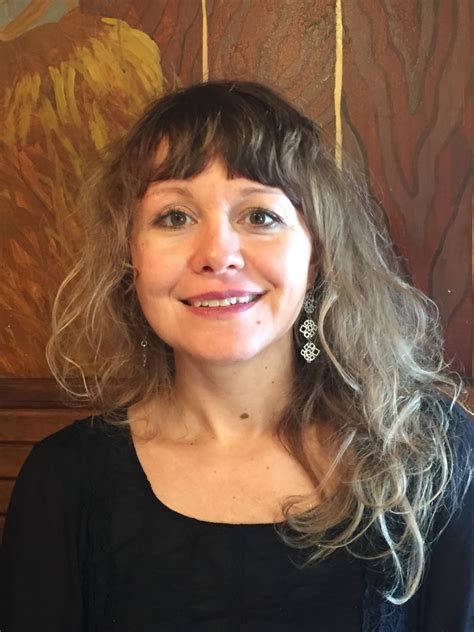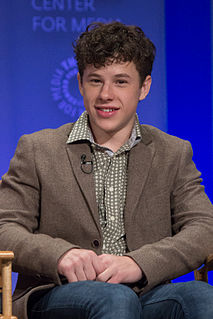Top 662 Email Quotes & Sayings - Page 8
Explore popular Email quotes.
Last updated on November 8, 2024.
Whenever I write a letter to a family who has lost a loved one in Iraq, or read an email from a constituent who has dropped out of college because her student aid has been cut, I'm reminded that the actions of those in power have enormous consequences--a price that they themselves almost never have to pay.
On behalf of everyone at the DNC, we want to offer a deep and sincere apology to Senator Sanders, his supporters, and the entire Democratic party for the inexcusable remarks made over email. These comments do not reflect the values of the DNC or our steadfast commitment to neutrality during the nominating process.
If your loved ones are far away, and they're uploading pictures, you feel like that's enough: these loose strands through email, through social media, are going to supply this connection you have with that person. And I think that's keeping us isolated and lonely in a way that's very dangerous because we're unaware of it.
Every case involving cybercrime that I've been involved in, I've never found a master criminal sitting somewhere in Russia or Hong Kong or Beijing. It always ends up that somebody at the company did something they weren't supposed to do. They read an email, went to a website they weren't supposed to.
If you're making a bunch of little decisions - like, do I read this email now or later? Do I file it? Do I forward it? Do I have to get more information? Do I put it in the spam folder? - that's a handful of decisions right there, and you haven't done anything meaningful. It puts us into a brain state of decision fatigue.
The Watergate is a hotel in Washington where Nixon operatives broke in to steal campaign information from the Democratic Party. Nixon's people subsequently described that act as a 'third-rate burglary.' In the same manner, Clinton has described the FBI investigation of her email escapades as 'a security review.'
'Digiphrenia' is really the experience of trying to exist in more than one incarnation of yourself at the same time. There's your Twitter profile, there's your Facebook profile, there's your email inbox. And all of these sort of multiple instances of you are operating simultaneously and in parallel.
If I was at home, I'd find myself checking email and looking at the Internet when I should be working. In the library, I can get an awful lot done in a couple of hours, but it can become quite sociable, which you have to watch out for. There are a lot of people you can pop out and have a coffee with.
I like texting as much as the next kidult - and embrace it as yet more evidence, along with email, that we live now in the post-aural age, when an unsolicited phone call is, thankfully, becoming more and more understood to be an unspeakable social solecism, tantamount to an impertinent invasion of privacy.
When I was 8 or 9, I started using bulletin board systems, which was the precursor to the Internet, where you'd dial into... a shared system and shared computers. I've had an email address since the late '80s, when I was 8 or 9 years old, and then I got on the Internet in '93 when it was first starting out.
